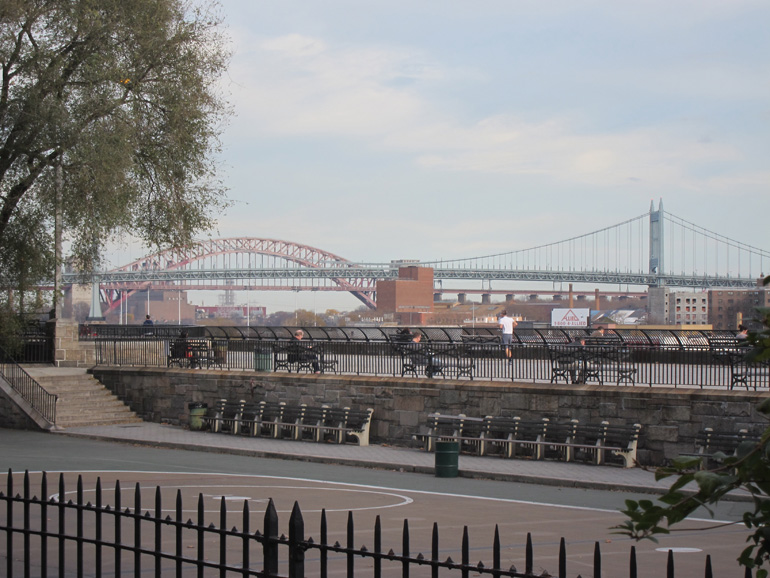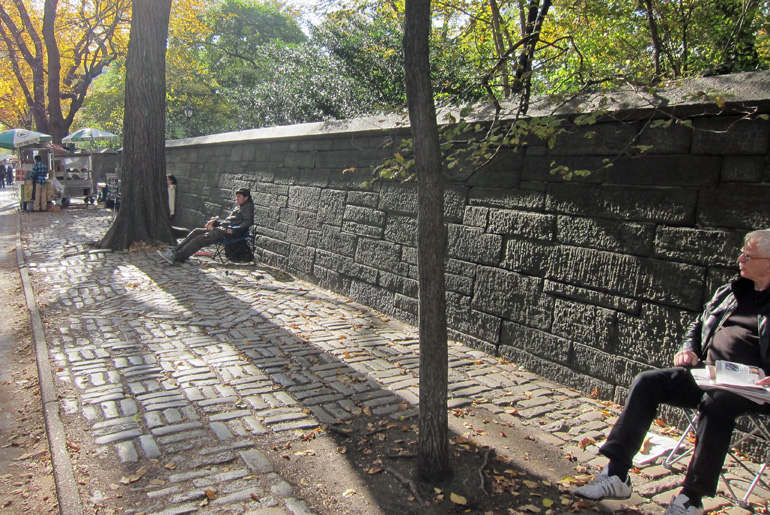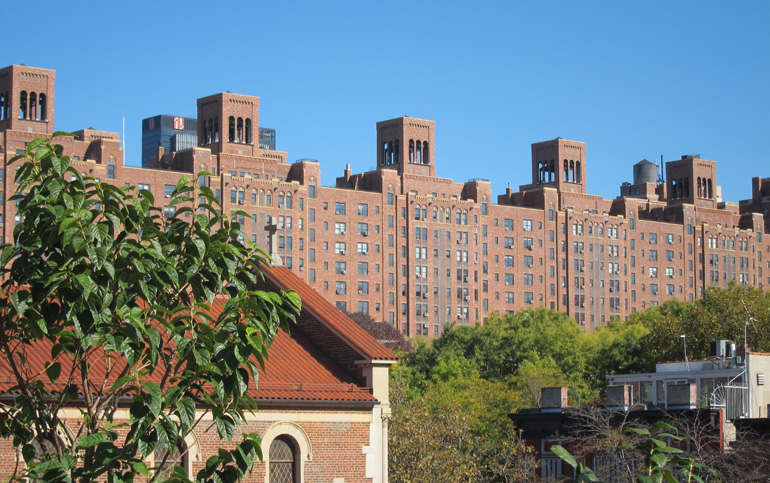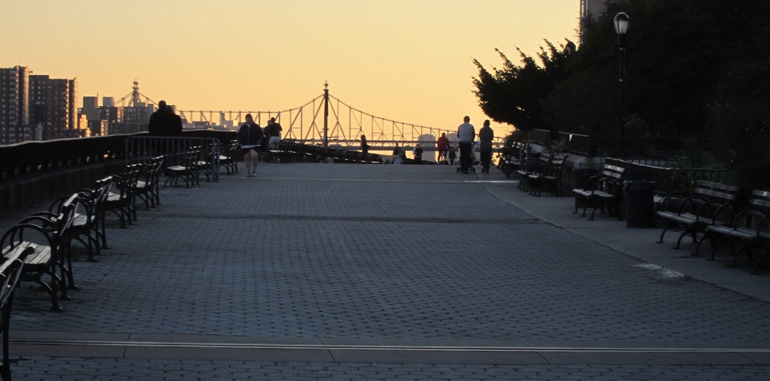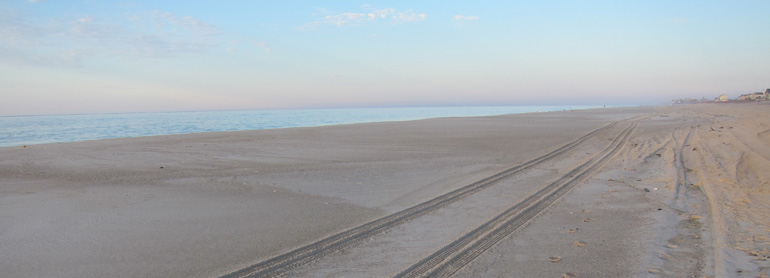
¶ Never mind the turkey; gratitude is good for you! Just be careful, John Tierney rightly warns, not to confuse thanksgiving with indebtedness.(NYT; 11/23)
¶ It is very difficult to pretend to outrage over the Penn State scandal, not least because we believe that tackle football ought to be simply illegal all by itself, making what goes on in the showers only quantitatively worse. But we have no trouble endorsing Joe Nocera’s lucid recommendations for atonement. ¶ In a companion piece, David Brooks suggests that it’s very hard to reform the instinct to look away from colleagues’ bad behavior, and we agree that it’s difficult. But we also believe that it would be a lot less difficult if collegiate football were not wallowing in a pigpen of money. (NYT; 11/15)
¶ The most interesting thing about Jonah Lehrer’s Book Bench review of Thinking, Fast and Slow is, unfortunately, his failure to mention Daniel Kahneman’s stated “premise of this book”: “it is easier to recognize other people’s mistakes than our own.” (11/1) ¶ Michigan Law professor William Ian Miller laments the shrinking of his brain in old age (he’s 65), but his last word is much, much too funny for a dirge. “..whatever the city was, Tangiers, Marrakesh, I forget which.” (Chron Higher Ed; via The Morning News; 11/2) ¶ Joshua Brown insists on marking the distinction between smart and stupid; stupid people aren’t just “different.” Abnormal Returns wishes The Reformed Broker a happy third birthday, praising Josh’s generosity especially. PS: This is as close as we’re going to come to the Kardashian Kase. (11/7) And, if it to prove the point, Josh defends Zero Hedge, in an entry that’s well worth reading even if you’ve given up on the apocalyptics. (11/8) ¶ Jonah Lehrer looks at the status angle of supersizing (The Frontal Cortex; 11/9)
The larger point is that we don’t just eat to fill the void in our belly. Instead, we eat excessively to fill all sorts of empty spots, one of which is a chronic lack of status.
¶ Good advice from my friend, JR Paris: “C’est important de chercher et de trouver de la beauté tous les jours...” (Mnémoglyphes; 11/3) ¶ We don’t share Nicholas Carr’s fear that the Internet (or any other form of technology) is dumbing us down; we’re quite sure that the dumbing-down began in the era of Model Ts at the latest. But we are happy to endorse his plea (and to double it with our own) to pay attention. (Rough Type; 11/22)
¶ Jeremy Denk writes with characteristic élan about making his debut — at his parents’ assisted-living facility in New Mexico. On a Baldwin electric that either “whispered or grunted.” (Think Denk; 11/7)
¶ At The Awl, Evan Hughes weighs and considers the demerits of the Kael-Didion fight, which the accidents of publishing have made newly piquant, and concludes with regret that it never took on the real issues. (11/2)
The rivalry missed its chance to rise to the level of the great ones, despite the titans involved. Kael and Didion didn’t tussle often enough, for one, but they also didn’t fight over the right things. When a leading critical mind takes Didion’s work as a cue to pull out the cudgel that a rich person doesn’t get to be depressed, we all lose. And does Didion still feel that Kael needed “vocational guidance� If only they had fought about the movies and what they meant to the culture during Kael’s heyday, one of cinema’s golden ages. And I’d love to see Didion assess Kael’s legacy now in more than a one-line zinger. She would do it as no one else could.
¶ In a promotional interview for his new book at Slate, Adam Gopnik takes a moment to anatomize the house style at The New Yorker; we’re inclined to believe that he gets it right, especially the part about “an openness to experience, a well-wishingness, a willingness to be wide-eyed in the face of new material even at the risk of seeming a little silly or insufficiently self-protective and knowing.” (via Arts Journal; 11/8) ¶ In a lovely interview with her mother, Kiran Desai observes that Anita Desai’s favorite poets are, like her, exiles. Where’s our copy of Clear Light of Day? Nowhere to be found! (Guardian; via 3 Quarks Daily; 11/14) ¶ Nige gives Clive James’s new book of ten-minute broadcast transcripts an inviting review. (Dabbler; 11/15) ¶ Kevin Charles Redmon discusses to books from the “Shallow South” — that would be the south of Indiana — by John Jeremiah Sullivan (Pulphead) and Frank Bill (Crimes in Southern Indiana: Stories). On the evidence, the region is not a safe one for civil life. (The Rumpus; 11/22) ¶ At the Guardian, Stephen Moss interviews the “optimistic, eclectic, eternally young” Umberto Eco. Every time he publishes a novel, sales of The Name of the Rose go up. (via Arts Journal; 11/28)
¶ At The Smart Set, James Polchin amplifies some of the background (unmentioned in the catalogue) behind the current exhition, at the Frick, of early drawings by that dodgy artist, Pablo Picasso. (11/3) ¶ Tom Engelhardt explains how the foreign movies that he saw as a young teenager helped him see through the mirage of American fantasy in the Fifties. (HuffPost; via Mnémoglyphes; 11/22) ¶ We loved Margin Call, but we agree with Felix Salmon: it’s a (grim) fairy tale, one that probably “couldn’t really happen.” (11/24
¶ What could be better than unearthing a dinosaur fossil in Egyptian marble? Unearthing a protocetid — whale precursor — that’s what. This one still had a nose (of sorts), vestige of its terrestrial past. (Not Exactly Rocket Science; 11/9)
¶ Bethany McLean asks, “Did accounting help sink Corzine’s MF Global?” What she means to ask, we think, is whether mere accounting tricks kept MF Global afloat during Jon Corzine’s tenure. (Reuters; via Abnormal Returns; 11/2) ¶ Roger Lowenstein, who wrote the book on Long Term Capital Management, writes, with wry dismay, that Jon Corzine “ wanted a firm like Meriwether’s, and he got one.” (Bloomberg; via Abnormal Returns; 11/3) ¶ In the space of a brief but briskly self-evident blog entry, David Merkel anatomizes the key feature of investment bubbles: greatly increased debt financing. (The Aleph Blog; via Abnormal Returns; 11/7)
Most bubbles end with some sort of financing time-mismatch, where the inability to renew short-term indebtedness in order to hold the asset leads to a panic, which leads some to say, “This is a liquidity crisis, not a solvency crisis.â€Â When you hear that leaden phrase, ordinarily, it is a solvency crisis, with long-dated assets of uncertain worth, and near-term liabilities requiring cash.Â
¶ Felix Salmon discusses Judge Rakoff’s rejection of the SEC-Citi settlement, which may prove to be a seminal decision. “But in hinting that the settlement might be downright unconstitutional, Rakoff has raised the stakes so high that it’s far from clear that he can ever lower them again.” (11/30)
¶ Does Anatol Lieven really recommend enmity as the better way of getting along with Pakistan? Or only post-Manichean realism? (NYT; 11/3) ¶ At Grey’s Blog, a stirring graphic indictment of the Electoral College, which has foiled the popular will in 5% of presidential elections. (11/8) ¶ Felix Salmon, writing about “Europe’s Leadership Deficit,” makes us wonder why — as well as wondering why we’re only now wondering why — Europe has not produced any European Community leaders. If anything, the Eurozone seems to have intensified everyone’s sense of nationality, the very thing that wasn’t wanted. ¶ Louis Menand’s review of a new biography of George F Kennan ably untangles what went wrong (in Kennan’s view) with “containment,” and also makes a point of showing how un-, almost anti-American this very old-fashioned American was. (emphasis supplied; The New Yorker; 11/9)
Kennan’s next posting was to Lisbon. The Ambassador, a man named Bert Fish, was a patronage appointee and rarely visited the Embassy. His sudden death, in 1943, left Kennan free to negotiate, face to face with Salazar, for the use of bases in the Azores by U.S. aircraft. In January, 1944, when the end of the war was in sight, Kennan served in the American delegation to the European Advisory Commission, in London. Bohlen (who had been in Tokyo when Pearl Harbor was attacked, and was interned for six months) remembered Kennan returning to Washington “appalled by the behavior of American soldiers—their reading of comic books, their foul language, and their obsession with sex, among other things. He wondered whether the United States was capable of being a world power.â€
¶ Reviewing John Lewis Gaddis’s new biography of Kennan in the Book Review, Henry Kissinger takes pains to portray Kennan as a man who could not resolve his intellectual contradictions. It seems clear to us that what Dr Kissinger is really saying is that the exercise of power is not for intellectuals. (11/14)
¶ Maria Bustillos tries to comfort David Roth as he contemplates “guillotining himself” because, in the end, he can’t sustain his outrage at Adam Gopnik’s enjoyment of a meal at La Grenouille. As always Maria is good company. (The Awl; 11/5) ¶ Amanda Hess compares Andy Rooney and Joan Didion; even though we’re antique ourselves, we share her regard for the lady while also having no use whatsoever for the gent. (GOOD; 11/6) ¶ At HTMLGiant, Katherine Karlin has some good things to say about writing workshops; she’s convinced that they made her a better writer not so much via the criticism that she received but because they forced her to pay attention to the writing of others. Also, this nugget:Â
More problematic are the students whose imagination has been blunted by the formulas of television, pop fiction, movies, and video games. For these students, the safety of a collaborative environment can help them tune out the babble of sit-com dialogue and dig deep into their own creative impulses.
¶ We don’t know where to put Nick Martens’s “Conversations With Fruit,” but we were charmed and impressed by the piece. We cannot imagine being able to invest a pear with so much personality. (The Bygone Bureau; 11/9) ¶ Although there would be far fewer great Harrison Ford movies if scriptwriters were obliged to follow “The Truth About Violence: Three Principles of Self-Defense,” we could not agree more with Sam Harris about the foolishness of heroism. (11/14) ¶ Speaking of violence: it seems that Jane Austen died of arsenic poisoning. Almost certainly, the novelist ingested the toxin for medicinal reasons, , thinking that it would ease her rheumatism. Crime novelist Lindsay Ashford, who has more or less established the cause of death, has written a lurid tale in which Austen is actually murdered. “Unlikely,” says Cambridge Austen editor Janet Todd (and so say all of us!), adding pointedly that exhumation, whatever it might show, “would not be appreciated.” (Guardian; via Arts Journal) ¶ Speaking of stupid, Martin Amis declares, with spectacular fatuousness, that Jane Austen’s fans are in denial about her strengths and weaknesses. “ And Janeites will never admit that three of the six novels are comparative weaklings (I mean “Sense and Sensibility,†“Mansfield Park,†and “Persuasionâ€).” Right-O! Persuasion is not as good as Northanger Abbey! (We disagree about Mansfield Park as well, of course; we agree with Rachel Brownstein that it may be a substantially different kind of novel from the others.)(New Yorker; 11/19)
¶ We’re glad that we didn’t read Ari Steinberg’s musings on airline-safety cards until we got back from vacation. (Paris Review; via The Morning News; 11/30)
If shit goes down, if that horrifying alarm is sounded, will your fellow passengers really calmly place oxygen masks over their faces? Will that crazy lady sitting next to you inflate her life jacket in a quiet and orderly fashion?
Have a Look: ¶ Mourir auprès de toi. (Nowness; via The Millions) ¶ The Clavilux of Thomas Wilfred. (MondoBlogo; 11/3) ¶ A Year in New York. (via MetaFilter; 11/8) ¶ The Internet is a vaster galaxy than you might think: it took from 2006 until just the other day for this astounding clip of a Lipizzaner high-stepping to hip-hop to reach Jason Kottke. (11/14) ¶ “The Worst Book Ever Is Microwave For One.” (PWxyz; via Arts Journal; 11/30)
¶ The Easter Island heads have bodies! (Follow the Money; via Abnormal Returns) ¶ Men at “Work.” (A Continuous Lean; 11/19) ¶ “A Field Guide to Your Office Nemesis.” (The Awl; 11/22) ¶ Potemkin Paris. (Strange Maps; via Mnémoglyphes; 11/28)
¶ A Cidade Branca, a tumblr of black-and-white building plans, featuring many remote monasteries (Things; 11/29)
Noted: ¶ Senescent Cells, getting rid of (Not Exactly Rocket Science) ¶ German Transport Minister cuts CD of himself playing Mozart, to counter road rage. (SeattlePI ; via Arts Journal; 11/6) ¶ What was special about the Trib: Stephen Weil wrotes about Richard Kluger’s rather out-of-print history of the Herald Tribune (The Second Pass; 11/15) ¶ At home with Andrew Sullivan. (Esquire; via The Awl; 11/19) ¶ Why the Germans? Why the Jews? (signandsight; via 3 Quarks Daily; 11/23) ¶ Mark Ames digs into Linda Katehi. (Naked Capitalism; 11/24) ¶ Walter Kirn reads the Bible. (11/30)



